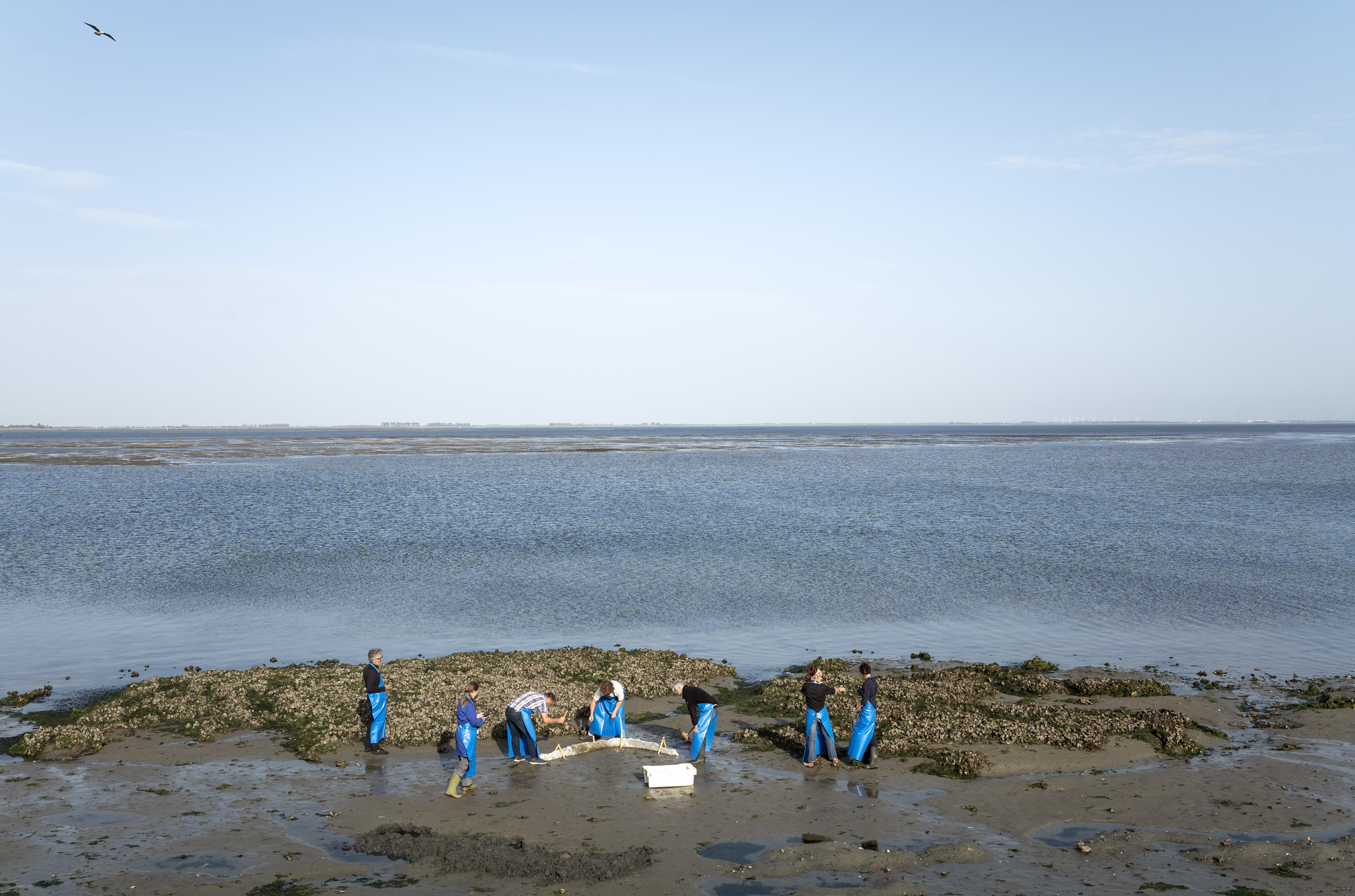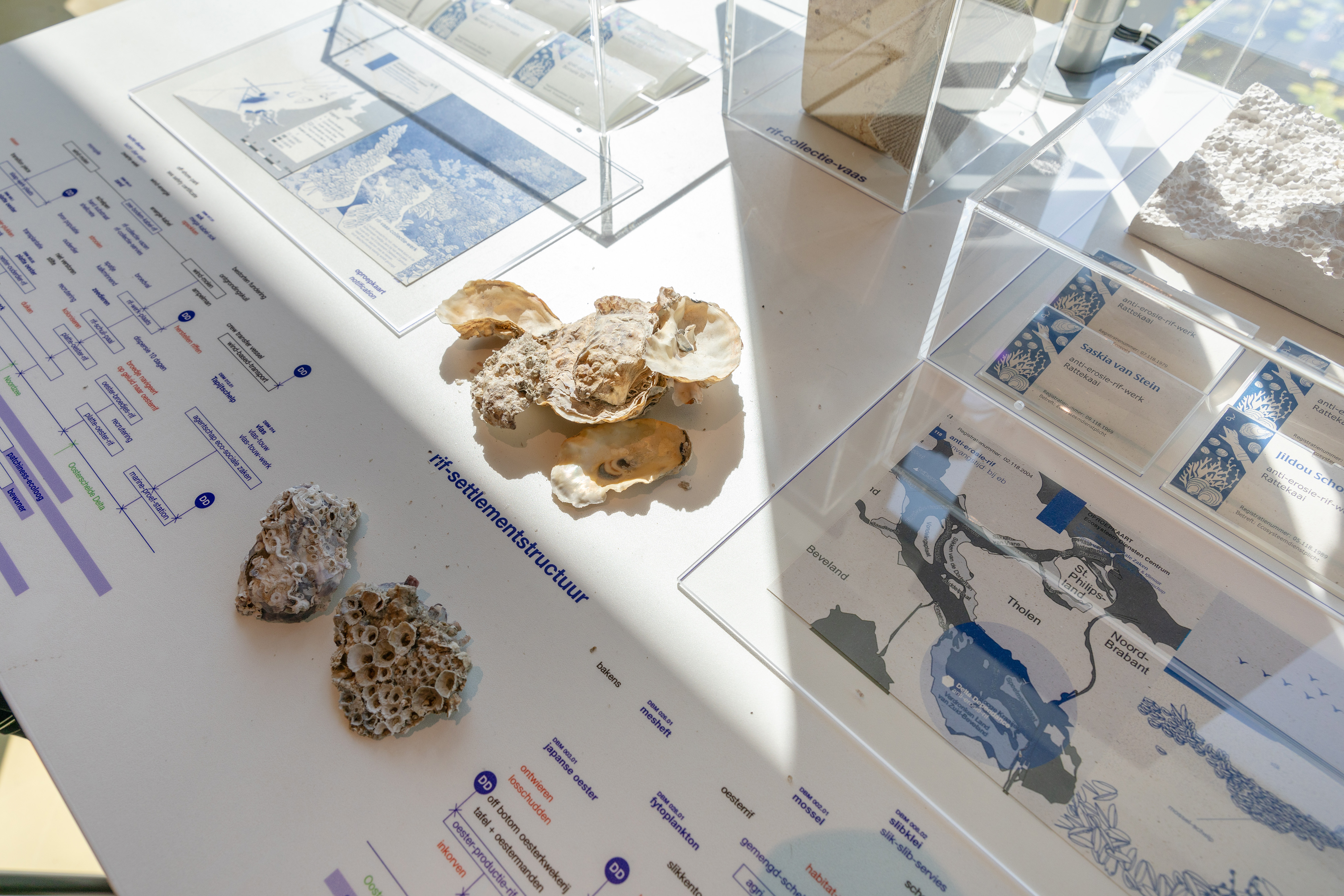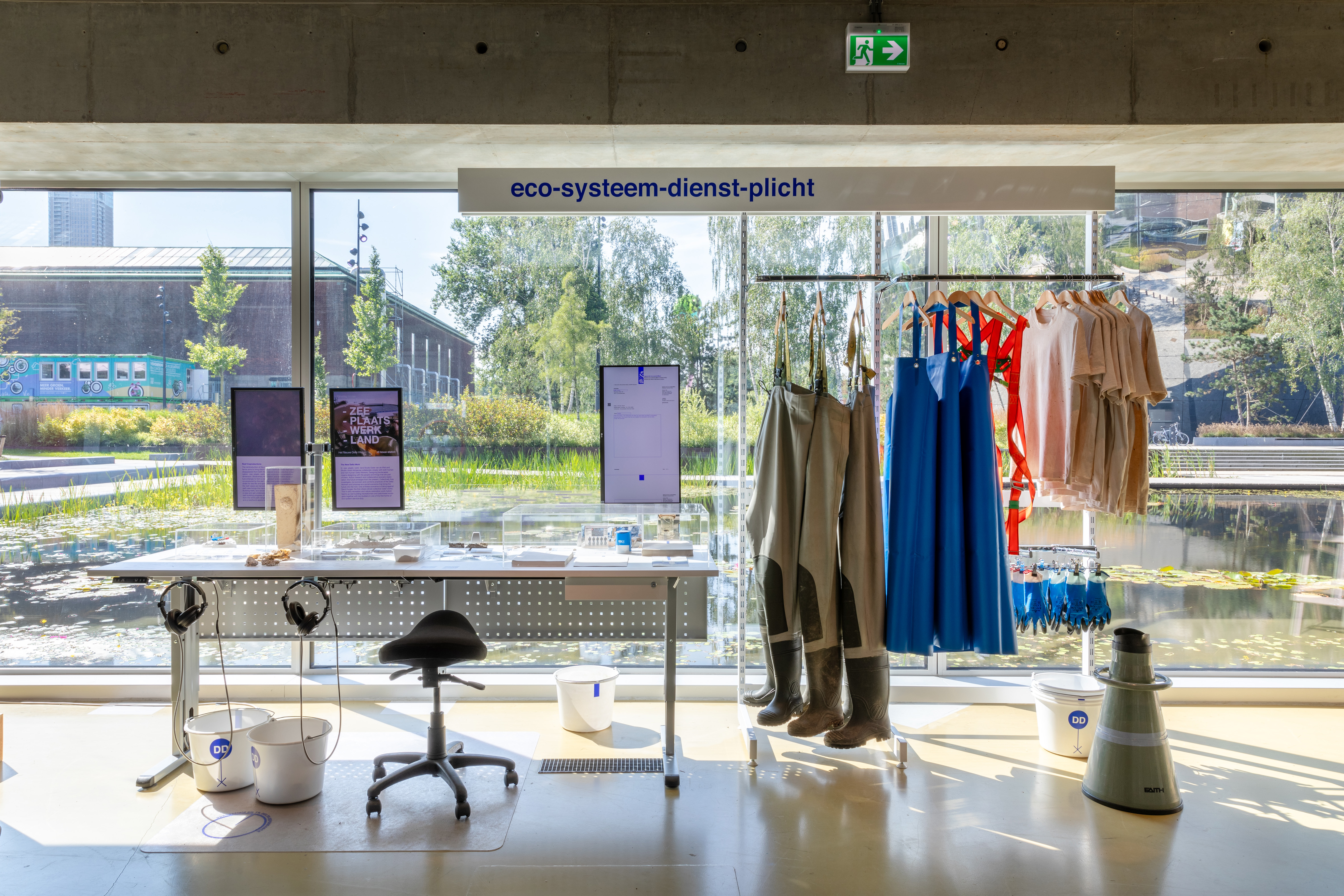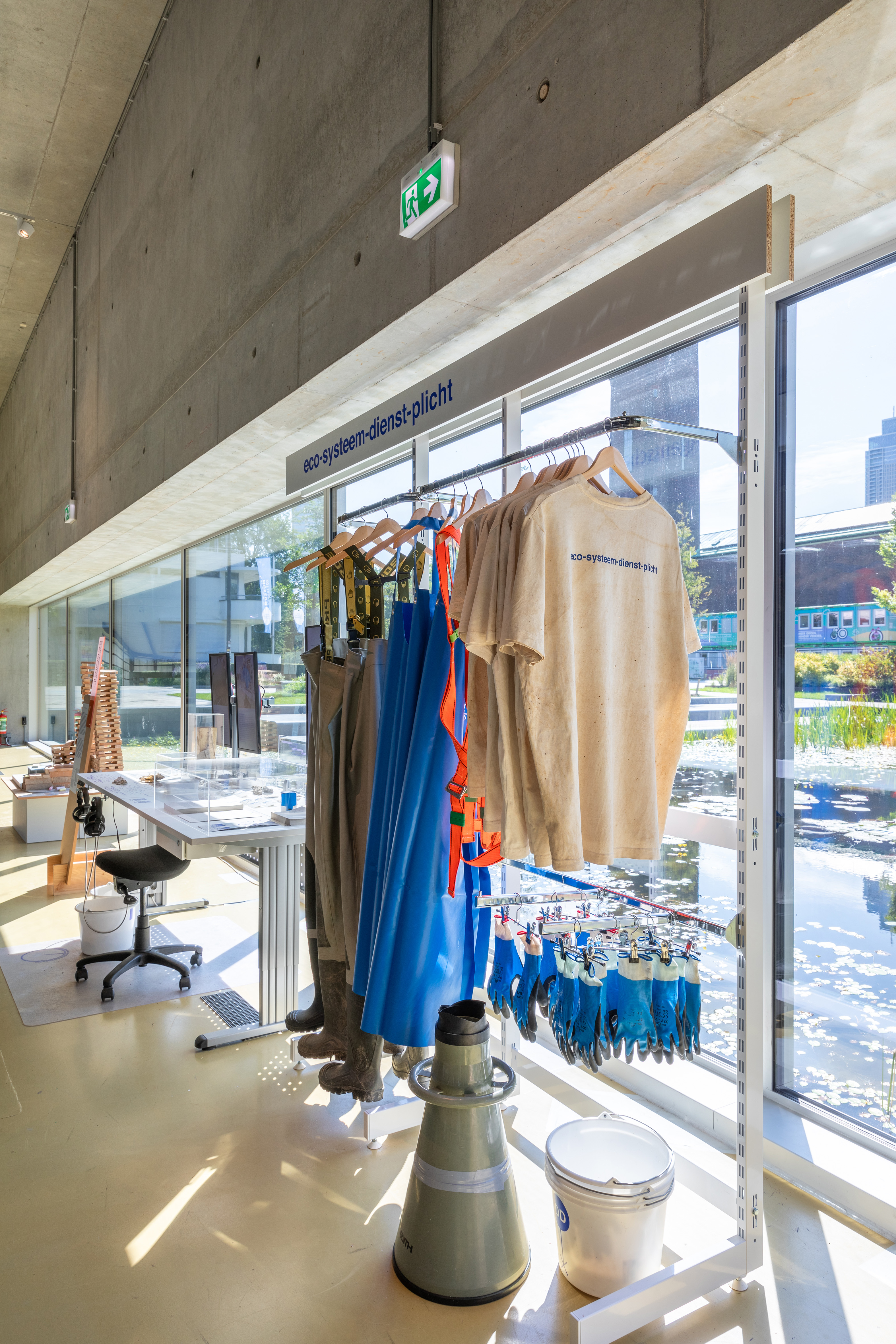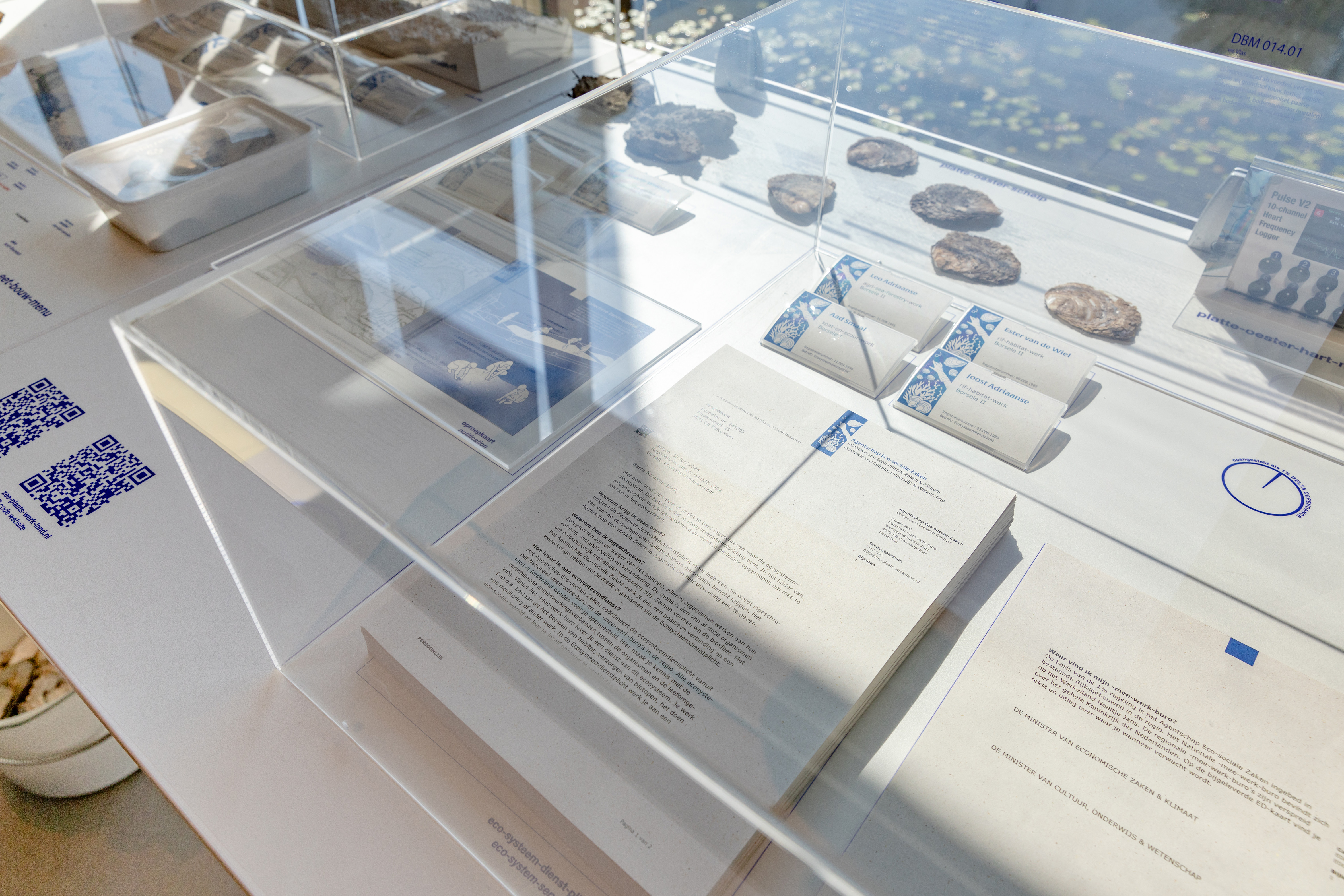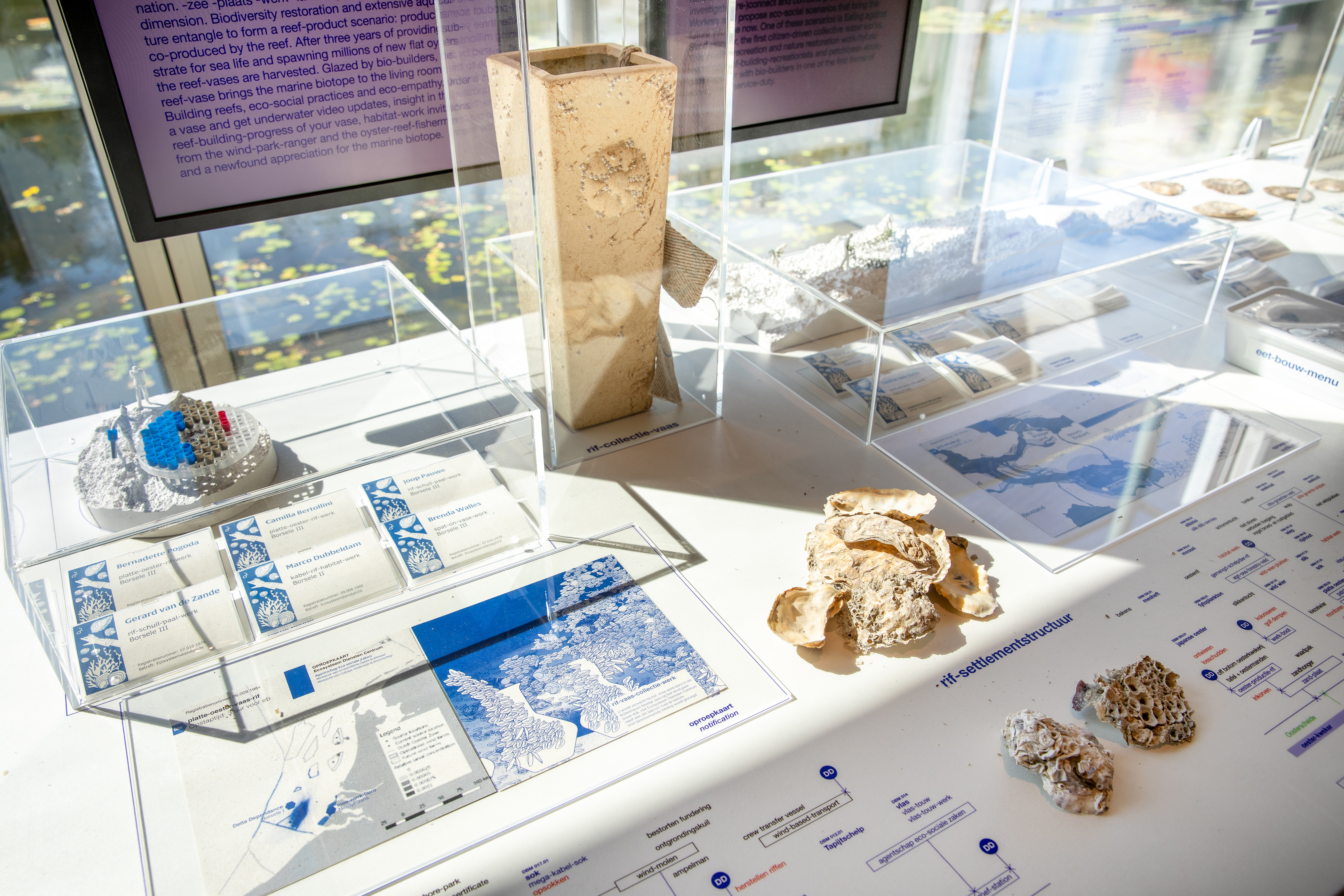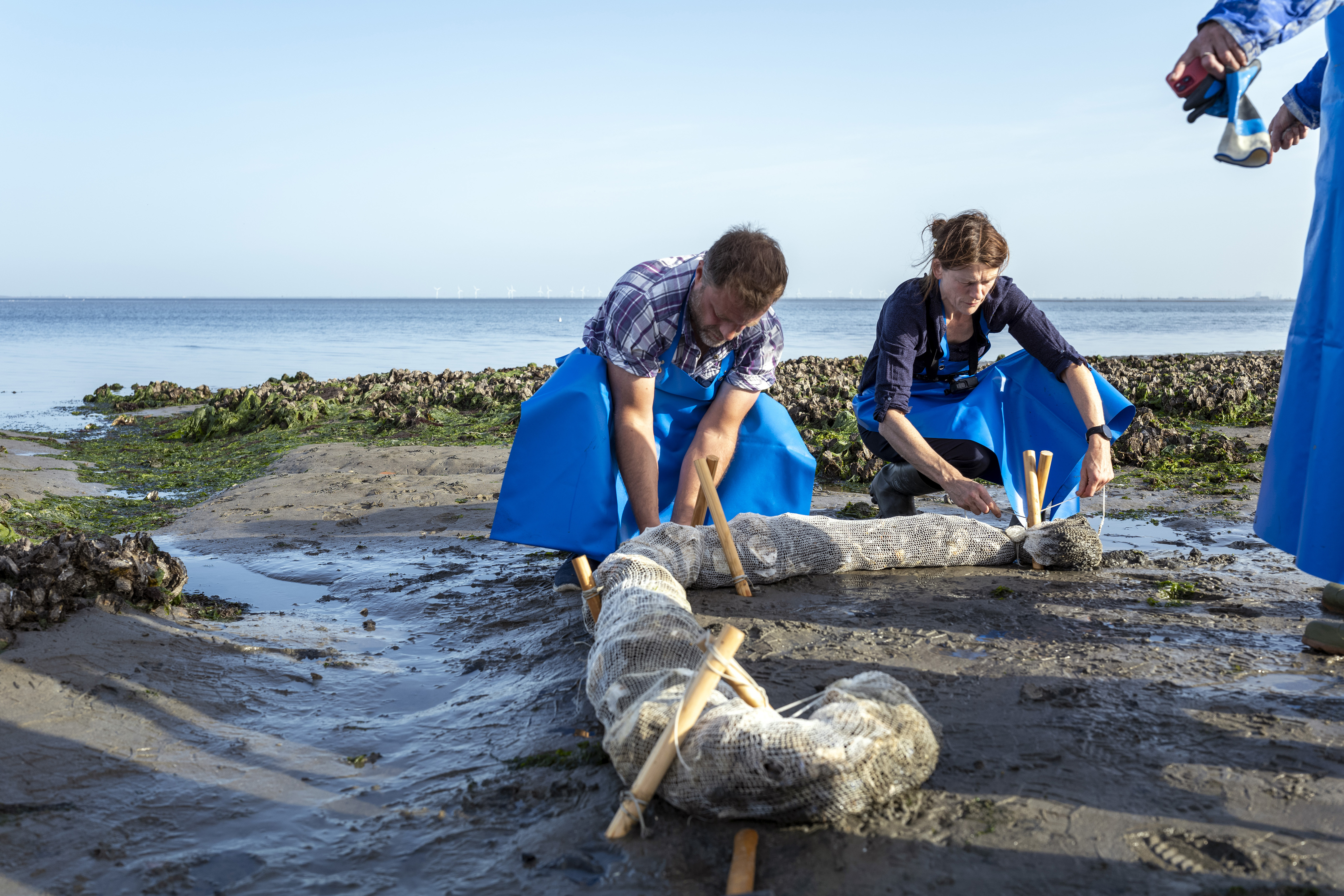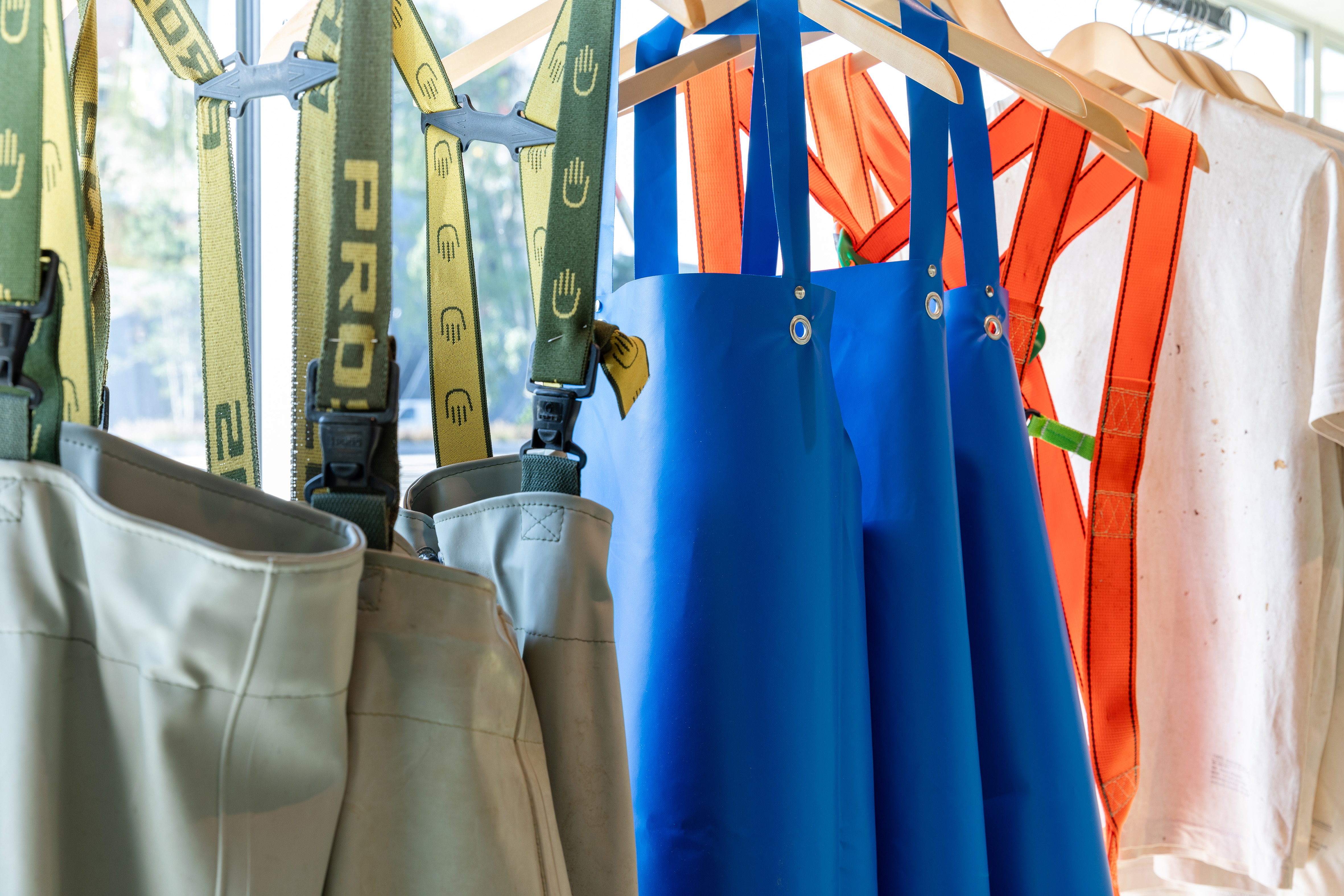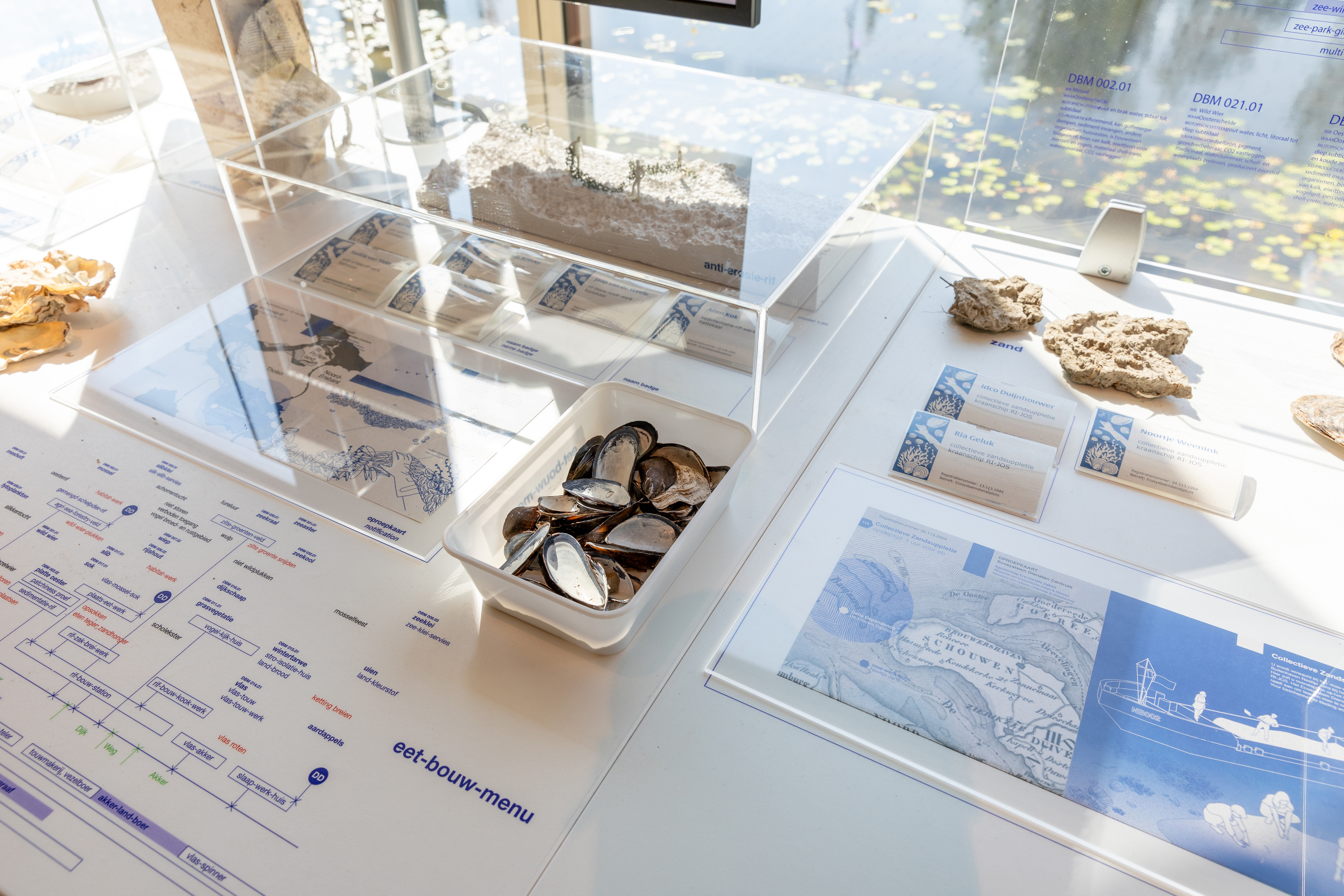Reconnecting with nature
Eco-System-Service-Duty
Training agents for eco-empathic futures
Time for change from within, bottom up and top down.
-sea -place -work -land challenges the bureaucratic order of excel sheets, the permitting apparatus, and the national governments, and calls into being the Agency for Eco-Social Affairs. You have been called to Eco-System-Service-Duty!
Eco-system-service-duty is an urgent invitation to become an active participant in the evolution of the ecosystems we are part of. We must learn to see, feel, and be in relation to the lives of others.
-sea -place -work -land challenges the bureaucratic order of excel sheets, the permitting apparatus, and the national governments, and calls into being the Agency for Eco-Social Affairs. You have been called to Eco-System-Service-Duty!
Eco-system-service-duty is an urgent invitation to become an active participant in the evolution of the ecosystems we are part of. We must learn to see, feel, and be in relation to the lives of others.
Netherlands
National
It addresses urban-rural linkages
It refers to other types of transformations (soft investment)
Yes
2024-10-26
No
No
No
As an individual partnership with other persons/organisation(s)
The Eco-System-Service-Duty project, performed throughout the Dutch Delta over the course of two years and presented at the 2024 IABR, is a speculative design intervention that reimagines the relationship between humans and non-humans and their mutual dependencies and responsibilities in ecosystems. Through the speculative branch of government, the ‘Agency of Eco-Social Affairs’, it introduces an ecosystem service duty, where citizens are periodically enlisted to contribute to ecological maintenance and regeneration. Through these duties they learn about the landscapes and ecosystems they live in, depend on and are wrapped up in by working alongside experts. In a process of learning-by-doing people form intimate knowledge and relationships with the more-than-human world. The project questions and reframes existing socio-ecological contracts, promoting a culture where human agency is embedded in nature’s processes. It targets the general public, young and old, as ecological-citizens. In hands-on instances of eco-system-service-duty activities the project makes the future tangible and explores a coproductive human-nature relationship and culture. In a tangible bureaucratic framework, including official letters, workwear, and regional participation structures, it challenges assumptions about governance, responsibility, and ecological stewardship. The installation has generated public discourse on new governance models for climate resilience and ecosystem engagement. It has linked many local people from across various disciplines and work fields to explore how this future might become a reality. As co-creation project, it has opened new pathways of thinking and acting for people involved in the region. Climate change and sea level rise call into question the Netherlands’ existing approaches to water management. This project provides a collective and culturally transformative approach and helps those involved move from nature-based-solutions, to nature-based-culture.
eco-empathy
collaborative
multi-species-communities
ecological-citizenship
ecosystem service
The Eco-System-Service-Duty project embodies sustainability by advocating a shift from extractive human-nature relationships to reciprocal engagement. Unlike conventional nature-based solutions, which often focus on engineering fixes, it fosters long-term cultural and systemic changes in ecological stewardship. By embedding active participation in ecosystem maintenance within policy structures, the project creates a blueprint for sustained ecological resilience. The common ways of framing the matters of concern in the Delta and our responses to them have more often than not been through a lens of techno-optimism (shaped by engineering and safety frames). Yet, the current state of the Delta calls for a new attitude towards things. Our traditional responses to Delta challenges have been rooted in rigid frameworks, often reducing the complexity of the environment to manageable categories. This mindset, ingrained through time, expects a Delta that conforms to these limitations. However, the current state of the Delta demands a new attitude: one of continual change, fluidity, and dynamism. We must learn to "live with", embracing interrelation and complexity. As a dynamic and ever-evolving assemblage of human and non-human actants, the Delta now requires us to supplement techno-optimism with eco-empathy. By engaging in open-ended exploration in close dialogue with those living and working in the Delta, we foster a new dynamism—a more intimate connection with the world through eco-system-service-duty. This shift from techno-optimism to eco-empathy invites us to reconsider our place within the living world. The eco-system-service-duty, then, becomes a search for how each one of us, as part of the biotopes and habitats of others, can emotionally reconnect with the dynamic reality of the Delta. It has already led to explorations in bio-based and nature-positive coastal defense, regenerative aquaculture models and a rethinking of public space and commons.
The project integrates elements of speculative design and storytelling to create a compelling aesthetic and immersive experience. The visual identity of the Agency of Eco-Social Affairs, the bureaucratic documents, and the participatory installations provoke reflection on how governance could be redesigned to foster eco-empathy. The aesthetic language—ranging from official-looking letters to workwear—plays with familiarity and fiction, engaging the audience in critical discourse. It is an instance of material-mediated-storytelling. It is both design-fiction and collaborative design-action. Numerous people have already performed instances of eco-system-service-duty as part of the project, which led to new insights in potential coastal regeneration strategies, climate mitigation and participatory local business models. The quality of experience in the Eco-System-Service-Duty project is that it shows that a better future is possible by connecting what is with what could be. In doing so it connects the competence and roles of people in the present and presents a future perspective on new roles for them. It makes ‘a possible future’, their possible future by allowing them to participate in the exploration of the future. In its core the Eco-System-Service-Duty project is future oriented and participatory. Not only by inviting people to take up a role in ecosystems, but in doing so based on the idea of learning and exploring. It tries to be an answer to the sectoral approaches our culture has given us over time and hopes to free us from reductionist traditions. It opens pathways towards a different a nature-based-culture that is needed throughout Europe. True sustainability requires both reason and emotional intelligence to feel that culture and nature, human and non-human are all part of the same meshwork. Innovation that is nature-positive can only spring from lives enriched with ecological-awareness. All inhabitants are called for Eco-System-Service-Duty every 5 years.
By proposing a universally applied ecosystem duty, the project redefines inclusion in ecological participation. It envisions an accessible and systemic way for all citizens, regardless of background, to contribute to ecosystem health. The participatory structure, with regional mee-werk-buro’s, ensures localized involvement, making environmental stewardship an integrated and equitable societal function. The swarm or hive-mind of all the skilled-practitioners that live and work in the Delta (and scaling up, of those that live in Europe) is incredibly knowledgeable. Due to time constraints, work pressure, and each individuals’ life playing out in a certain biotope or cultural niche, the interrelations and connections between those in the swarm aren’t always there. Yet, we all have important experience and knowledge to share in shaping our collective future. The Eco-System-Service-Duty project plays into that fact and calls upon everyone periodically to engage and develop themselves with and in ecosystems alongside others. It advocates for including the rights of non-humans (or more-than-humans) in spatial development and society. Ecosystem services are often seen from an ego-centric perspective as the services ecosystems provide to humans. Yet, we are an intricate part of these ecosystems. The Eco-System-Service-Duty project challenges the bureaucratic order of excel sheets, the permit apparatus, the national governments, and calls into being the Agency for Eco-Social Affairs. You all have been called to Ecosystem Service Duty! This call, by means of a formal letter, goes out to all eligible inhabitants of the country (from teens to 67 years old), drafting them for periodical contribution to the various ecosystems within the Netherlands. The installation contains a workstation with the letter, notifications, videos, models, shells, examples of habitat work and workwear as well as various on site actions that have taken place throughout 2023 and 2024.
The project engages citizens through speculative scenarios that invite them to imagine their role in an eco-social future. The public’s response—ranging from curiosity to critical discussion—demonstrates its potential as a participatory tool for co-developing future policies. It has sparked dialogue among visitors, policymakers, and researchers about rethinking governance structures. Both the action program that has taken place in 2023 and 2024 (several instances of eco-system-service-duty duties) and the presentation during the International Architecture Biannual Rotterdam by means of a workstation of a civil servant working in the speculative government branch Agency for Eco-social Affairs, responsible for the Eco-System-Service-Duty, where performed in a close working dialogue with people in various roles and fields of expertise. Through design research and co-creation, adopting the strategy of empathic field research the foundation was laid. By working alongside local skilled-practitioners (from farmers, mussel fishermen, oyster hatcheries, sedimentation experts, marine biologists, forestry workers, civil servants, seaweed farmers, to boat captains, patchiness-ecologists and local water management professionals) we gained insight into their practices, motivations and ambitions. In sketching in dialogue sessions, we explored their practices related to the eco-system-service-duty and set in the near future. In a back and forth we explored how the future and present fit into one another. They all have been co-designer of the project, providing the essential tacit knowledge to propose novel approaches to the biodiversity, climate change, food, safety nexus. This has inspired all those involved to rethink their own agenda’s. Examples include coastal defense and nature restoration experts exploring how their projects can become more participatory and intergovernmental network organization ZWD showcasing instances of eco-system-service-duty during their conference.
The project engages stakeholders at local, regional, national, and European levels, uniting designers, policymakers, scientists, entrepreneurs, and communities. Its speculative approach fosters dialogue across disciplines, government, and grassroots initiatives. The project emerged from research in collaboration with delta workers and bio-builders—both human and non-human—who coexist and operate within the saline biotope. Through fieldwork with oysters, mussel fishers, ecologists, hatchers, rewilders, mussels, seaweed, clay, silt, sand, and water, mutual insights and reciprocal relationships were cultivated, making new forms of co-production imaginable. Engagement was structured around different biotopes: terrestrial, sublittoral and intertidal zones. Each biotope involved specific actors and methodologies. With the Royal Netherlands Institute for Sea Research wave simulations were conducted to test natural anti-erosion materials and discuss science-society links. Long-line mussel farmers: learning the technique of “roping” shells for cultivation. Stichting Zeeschelp, oyster farmers, and offshore wind park developers: Together, rewilding and species reintroduction scenarios were co-designed, centering the oyster as a keystone species. Ecologists and volunteers: Dynamic anti-erosion test fields were installed through participatory action. Prototyping ecosystem service duty: As an initial act of eco-systeem-dienst-plicht, shellfish were consumed at the experimental reef construction station, using mussel farming techniques to fill erosion-prevention structures. This multi-stakeholder engagement added value by fostering cross-disciplinary learning, strengthening ecological restoration efforts, and connecting governance structures with hands-on ecological interventions. By integrating scientific research, traditional knowledge, and speculative governance models, the project builds a framework for reciprocal relationships between human and non-human actors in the delta.
The project draws from multiple fields: speculative design, governance, ecology, engineering,humanities and social sciences. Designers, researchers, local experts and skilled practitioners and policymakers interact to explore alternative eco-social contracts. This interdisciplinary approach strengthens its credibility as a model for systemic ecological thinking. Agriculture, aquaculture, nature restauration, rewilding, conservation, marine research, coastal ecology, water management, policy making and landscape architecture all intertwined in an open-ended design dialogue. People in various roles such as designers, researchers, humanities scholars, ecology scientists, marine scientists, aquaculture professionals, agriculture professionals, coastal defense experts, sedimentation experts, nature conservation experts and various other local inhabitants were intimately involved. E.g. together with Delta Workers such as a government water management advisor, a shellfish entrepreneur, an ecologist and a reef expert we explored instances of possible Eco-System-Service-Duties in the near shore biotopes of the intertidal. Their individual worldviews merged in an open exploration of how their practices could open up to those of others and what knowledge and skills might be transferred. This led to the design of Eco-System-Service-Duties such as habitat-work, reef-recreation-work and patchiness-pattern-implementation. The exploration of such possible futures continued as eco-system-service-duty workwear t-shirts dyed with local seaweeds were given to other Delta Workers along with a call to perform their eco-system-service-duty right now in present day. They range from those within government/ politics to those working in the wet parts of the Delta. Having them closely involved in the project (through empathic field work, tagging along in their day-to-day Delta practices) the proposed future becomes a highly possible reality because it is so attached to the present situation.
Unlike conventional environmental policies that rely on voluntary actions or regulatory measures, this project envisions a systemic integration of ecological responsibility into governance structures. It challenges the assumption that ecological stewardship is an individual moral choice and instead embeds it in collective duty, comparable to existing civic obligations such as taxation or military service. It uses these tropes to critically explore what it takes to cultivate a nature-based-culture. As such the Eco-System-Service-Duty is highly innovative. Not only does it engage with nature-based-solutions and our new climate reality, but it opens up a discussion about the dominant extractive and utilitarian culture and the nature-culture bifurcation while remaining a positive and can-do attitude. It makes the future appealing, fun, and something you want to be a part of. The Eco-System-Service-Duty aims to regenerate both nature and our relationships with it, it aims to truly co-develop and offer a systemic change in governance structures to ensure societal learning and true involvement of citizens. Compared to mainstream projects the Eco-System-Service-Duty does not just solve a perceived problem, but it ensures active involvement, ecological-citizenship and awareness and helps to create a life long learning environment for all. It is a productive and proactive response to our climate reality and or disconnect with nature and ecosystems. As such this project aims at making the environmental impact of human activities a net-positive, and promotes ecodesign. It goes beyond the implementation of nature-based solutions towards a nature based culture. It focusses on preventing biodiversity loss, and promoting economic activities that encourage preservation, regeneration, and lifecycle thinking.
We employ empathic field research, co-creation, and design research. Key methodologies include: 1) Working alongside ecological practitioners such as farmers, oysterfishermen, forestry workers, ecologists, marine researchers, dike builders, and more to understand existing engagement frameworks. Based on these experiences, relationships are formed and knowledge is co-created. 2) Create speculative bureaucratic structures to provoke discussions on eco-social governance. 3) Develop prototypes of governance tools, such as official documents and policy frameworks, to visualize alternative futures. 4) Activate the proposed speculative future in hands-on and in-situ events. These are instances of a future in which Eco-System-Service-Duty is a reality. We follow a set of working principles that aid us in this process. Inspired by the investigative practices and philosophies of Bruno Latour, Henk Oosterling, Isabelle Stengers and Tim Ingold, we have guidelines for hands-on thinking and doing. We encourage all to apply them in their own field of work. These principles are: / Embrace complexity, do not simplify / Embrace what we don’t know / Be curious / Feel time (time, timing, rhythm, slowness) / Be open and not biased / Be generous. Share. / It is never finished (always in the making) / Compose and bring together / Move between scales and disciplines / Collaborate / Go out into the world! This helps us work locally and across all levels, fostering multi-level engagement. We strive for joint action and have co-developed the contents of the Eco-System-Service-Duty with a swarm of local stakeholders. This leads to a concept that is trans-disciplinary by nature and inspires all involved to work beyond disciplines in search of co-productive hybrids. In short, we use empathic field research and co-creation by working along with, joining situations to understand practices, form shared vocabularies, and visualizing future scenarios in speculative designs and conversation pieces.
Elements of the project—such as participatory governance frameworks, speculative policy tools, and localized engagement strategies—can be adapted across different contexts. Municipalities, NGOs, and environmental agencies can apply its principles to foster local ecological participation. The speculative governance model can inspire new policies that integrate citizen-driven ecological stewardship. The entire notion of Eco-System-Service-Duty is transferable to all ecosystems within Europe and abroad. True implementation requires local engagement and network building. The design research methodology of empathic-field-research is something that should be adopted in all multi stakeholder transition challenges.
The project responds to global climate challenges by providing a localized yet scalable model for ecological engagement. It tackles issues such as biodiversity loss, ecological alienation, and unsustainable land use by fostering direct human involvement in ecosystem health. Its approach demonstrates how systemic cultural shifts can support climate adaptation and resilience by building eco-empathy and by desiging for engagement and connection. As co-creation project, it has opened new pathways of thinking and acting for people involved in the region. Climate change, biodiversity loss and sea level rise call into question the Netherlands’ existing approaches to water management and land use, as well as nature restoration and nature and cultural development (urbanisation, extraction economy etc). This project provides a collective and culturally transformative approach and helps those involved move from nature-based-solutions, to a nature-based-culture. The local solutions are stacked. On the highest level there is the speculative branch of government and the Eco-System-Service-Duty. Next are the various instances of Eco-System-Service-Duties in the field. Then come the people and places involved in the actions in the field. Together creating a situation in which ecological citizenship can be explored, eco-empathy can be trained and new, positive (and coproductive) pathways to a shared future on planet earth can be found by society as a whole, not just top down imposed. Exemplary instances of Eco-System-Service-Duty entangling with local issues are wind park reef restoration (energy transition) or participatory coastal defense and nature development along the intertidal (flood safety). Both providing opportunity to jointly explore a local, ecological and economically viable and thriving future while critically engaging with global issues.
Since its presentation at IABR 2024, the project has sparked significant discussions in design, policy, and environmental communities. Policymakers have expressed interest in exploring participatory ecological governance models. The project has also influenced artistic and academic discourse on the role of speculative design in environmental policy. It continues to evolve through exhibitions, public engagement, and interdisciplinary collaborations. The concept and project have been presented and discussed with the Netherlands Environmental Assessment Agency, the Royal Netherlands Institute for Sea Research, and multiple cultural and educational platforms. A paper on eco-empathy and Eco-System-Service-Duty will appear in the book Reporting The Delta at Nai010 publishers fall 2025. And the Delta Commissioner (a high ranking government official in charge with the future of the Delta) has spoken positively about the project and its call for eco-empathy as a supplement for techno-optimism. Several Eco-System-Service-Duties have been performed together with local Delta Workers, inspiring reflection on their own practices and forming new relationships across disciplines. The best example of the ‘soft investment’ this project has led to is citing one of the local stakeholders we’ve worked with (a marine researcher working market driven) “I’ve come to see my work here as completely entangled with the landscape and its future, I now also see myself as a Delta Worker, working with, in and on the Delta” or Patchiness Ecologist Jim who became convinced that projects like these are essential in mobilizing the masses to start caring and shaping our future collectively.

